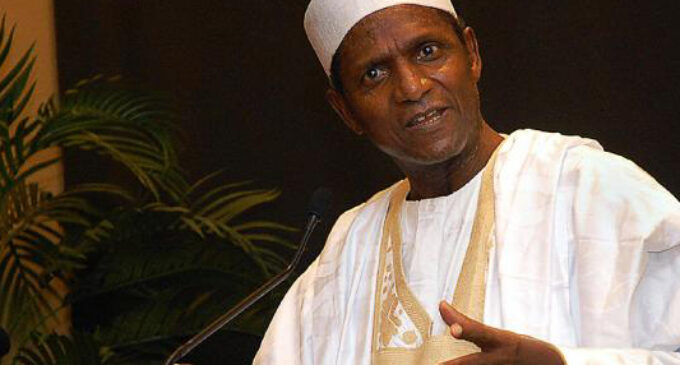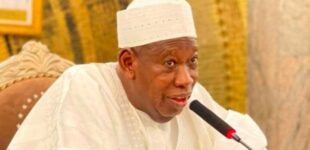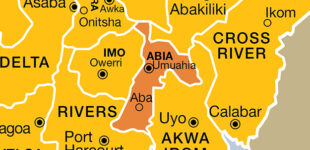National Conference endorses power rotation

The perennial controversy over what zone should produce the president will be laid to rest if the resolution of the National Conference is passed into law.
On Thursday, the conference voted in support of rotating the nation’s chief executive position between the north and the south, with the position revolving between the three geo-political zones within the same region.
The conference further resolved that governorship should rotate between the three senatorial districts in a state while council chairmanship should rotate within the local government area.
These recommendations were contained in the report of the committee on political restructuring and forms of government.
They were adopted after intense debates and amendments.
A significant portion of the resolution is expected to solve the potential problem of a zone not completing its turn as a result of extraneous circumstances.
When President Umaru Musa Yar’Adua (pictured) died in 2010, Vice-President Goodluck Jonathan stepped in as the substantive president as provided in the constitution, but the north felt shortchanged that presidential power had left the region in less than three years.
This development is generally believed to have caused political tension between the two regions.
Going by the conference resolution, if the president dies in office, is incapacitated, impeached or resigns, “the vice-president shall operate in acting capacity for a period of 90 days during which an election to the same office would be conducted”.
The vice-president will not be a candidate in the election since the replacement is expected to come from the same zone as the previous president so that the zone can run its full term without interruption as it happened in the Yar’Adua case.
The conference also voted in favour of modified presidential system described as “home-made model of government” that combines the attributes of parliamentary and presidential systems.
The president elected under the new system will exercise full responsibility for his government and select ministers, not more than 18 of them, from the six geo-political zones.
It was also agreed that the minister of finance, rather than the president, should present the yearly budget to the national assembly.
Under the new arrangement, both the president and the ministers would be expected to appear before the national assembly to render account of their stewardship on a quarterly basis.
It was resolved that the bicameral legislative system should be retained instead of the unicameral proposed by the committee.











There are no comments at the moment, do you want to add one?
Write a comment